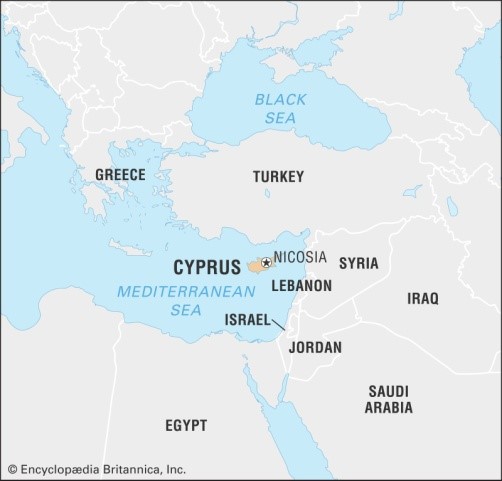Free Courses Sale ends Soon, Get It Now


Free Courses Sale ends Soon, Get It Now



Copyright infringement not intended
Picture Courtesy: www.thedollarbusiness.com
Context: The Cyprus Confidential investigation scrutinized 3.6 million documents in English and Greek, unveiling a detailed paper trail exposing the establishment of tax haven companies linked to wealthy and influential individuals globally.
Key points about the Cyprus Confidential investigation include:
Double Taxation Avoidance Agreement

DTAA between India and Cyprus
India and Cyprus revised the DTAA
Conclusion
Must Read Articles:
Organisation for Economic Co-operation and Development (OECD): https://www.iasgyan.in/daily-current-affairs/organisation-for-economic-cooperation-and-development-oecd#:~:text=About%3A,and%20well%2Dbeing%20for%20all.
International Taxation: https://www.iasgyan.in/rstv/perspective-international-taxation
|
PRACTICE QUESTION Q. How do Double Taxation Avoidance Agreements (DTAA) contribute to fostering international trade and investment, and what key considerations should countries take into account when negotiating and implementing these agreements? |
© 2024 iasgyan. All right reserved